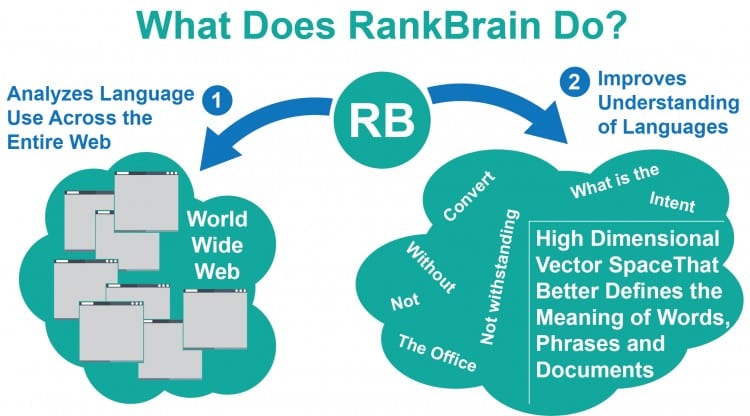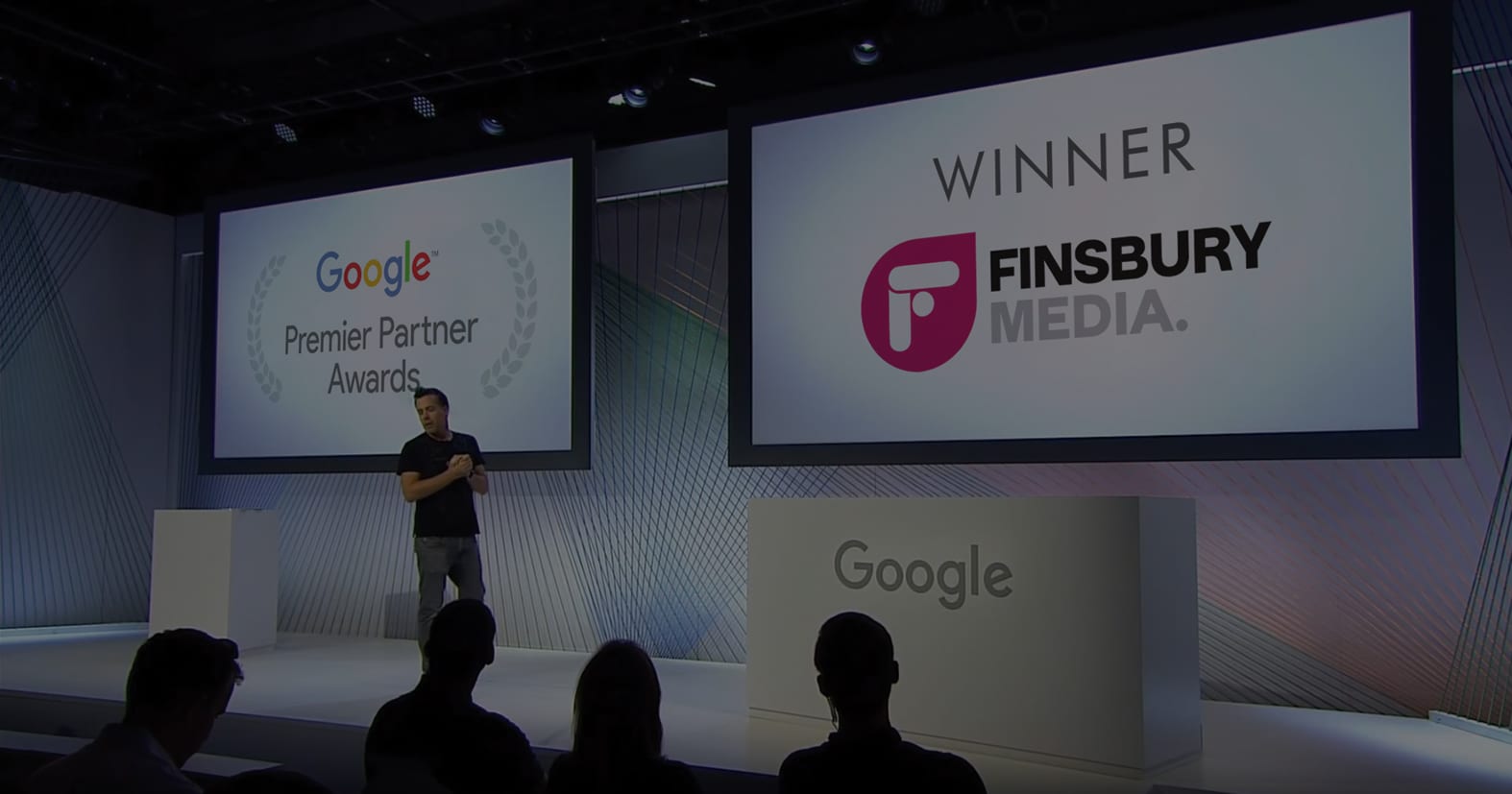
Rankbrain – Analysing page relevance
Rankbrain is going to start analysing web pages for relevance and every page is going to be given a score on a scale of 1-10, 10 being highly relevant content and one being highly irrelevant.
But Wait! Isn’t this similar to the quality score system that already exists for Google AdWords?
Yes it is! The intelligent Google AdWords system has never needed external signals (eg links) to rank search ads based on relevance and this is soon going to be the same for organic search.
As some of us know the quality score in Adwords is based on these factors:
- Past CTR of a keyword
- Past CTR of a display URL
- Account history (overall CTR’s for ads and keywords)
- Quality of landing page
- Keyword – Ads relevance
Keywords to search query – Relevance
- Geographic performance
- Performance of an ad on a specific website (this only applies to the Display Network)
- Performance of ads based on targeted device
While Google has not defined how much weight it is going to give each of these components, relevance plays a very important factor in determining quality score. You need to ensure your keywords are relevant to your ad text, your ad text is relevant to the content of your landing page, and your keywords are relevant to what a user is searching for. The reason Google would put such an importance to relevance is obvious? It wants to be known as a well respected and trustworthy source of information.
What does this mean for SEOs?
Although SEO is based on certain on and off-page signals Google’s algorithm is going to start giving more importance to relevance. However, Google will not completely dismiss on and off-page signals but would rather use them to corroborate other factors.
There are four strategies that SEO’scan use to survive in the new world and they are as follows:
High Organic CTRs
In an Ad Auction, your main objective is to beat the expected CTR which in turn will increase your quality score, ad rank and reduce your CPC (Cost Per Click). As your ad rank increases statistics show that your CTR increases thus increasing traffic to your website.
I’m guessing most of you all are thinking how this is relevant in the world of SEO where websites are ranked based on content and number of back links?
Rankbrain is shaping the future of SEO, better organic search visibility is becoming more about beating your competitors by achieving a higher than expected CTR rather than trying to beat them based on content length, keywords, social metrics and back links. Some may argue that all of the above-mentioned factors lead to a higher CTR and that may be true for now, but rankbrain is trying to influence search in a way that is learning from human decisions- especially what they click on, thus becoming an important part of your SEO success.
Optimising your SEO Headlines for above average CTRs
SEO Headlines and meta-tags are alright but keyword optimised titles are what SEO’s should focus on as they will increase CTR’s in the long run. Research done from millions of PPC campaigns suggest that the single most effective way of increasing your CTR’s are through leveraging emotional triggers like this ad below:

Tapping into emotions like Anger, Fear, Disgust, Affirmation will improve your click through rates but you should not focus solely on tapping into emotions, a right combination of keywords and emotions must be used in order to succeed in this strategy.
Testing is a key element to adopting this strategy, use paid search ads or social media updates linking to your content using different headlines to gauge responses.
Optimise for conversions:
When you look at optimising for conversions you need to keep in mind various metrics from an SEO standpoint.
Using PPC campaigns you can easily track conversion rates as your ad is usually focussed on getting the user to complete an action on your website (this could be an email sign up or an online purchase) and is tracked using Google analytics and information in your AdWords account. However in organic search, conversions may not always equate to completing an action, if you’re publishing content Google looks at engagement metrics like time on site, average session duration, bounce rate etc to track user interest and engagement.
Increase search Volume and CTR using Social Ads and Remarketing:
Research suggests that familiarity with your brand translates to higher CTR’s and conversions. Popular ways of making people aware of your brand is by advertising on social media, the google display network (Which places your ads on blogs and websites on Google’s display network based on your target audience’s interests) and using remarketing lists. These tactics help in improving organic CTR’s as users are more familiar with your offerings and are predisposed to click on your SERP results.

